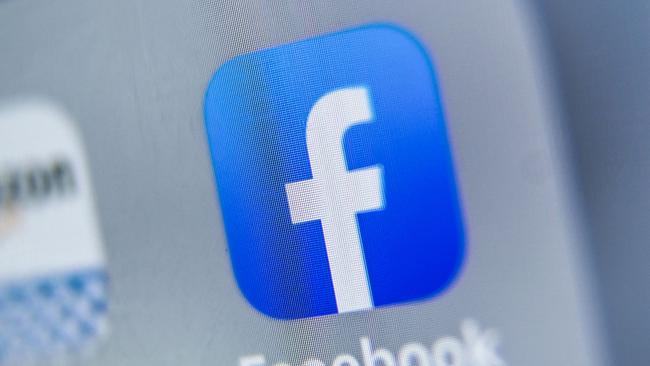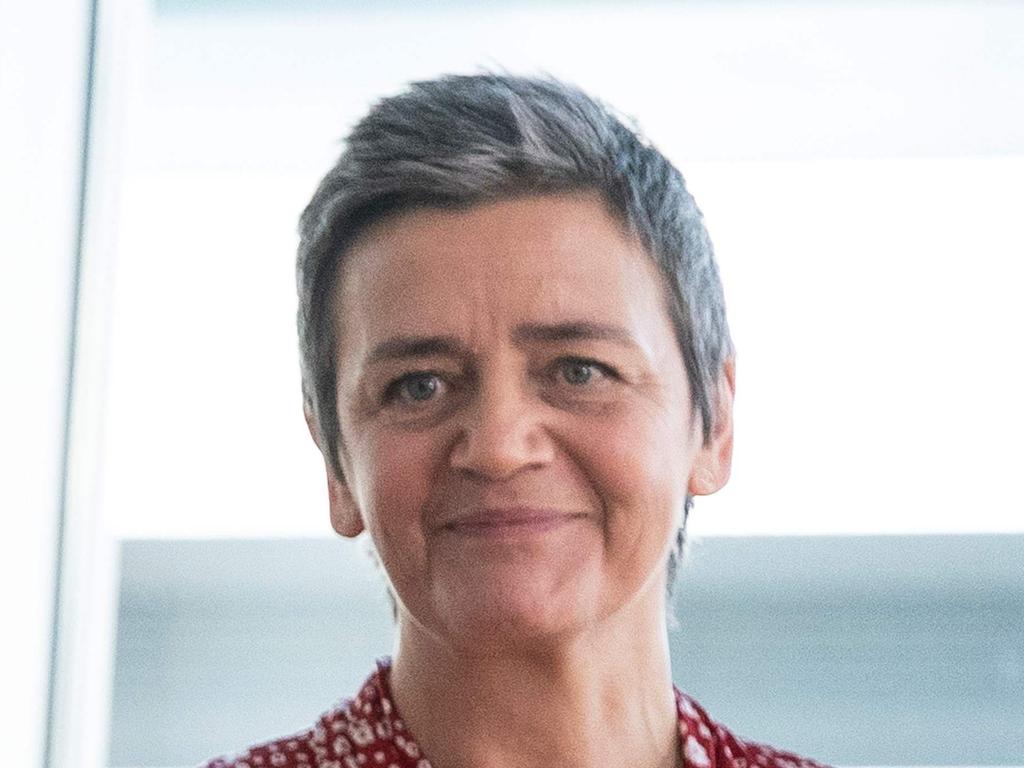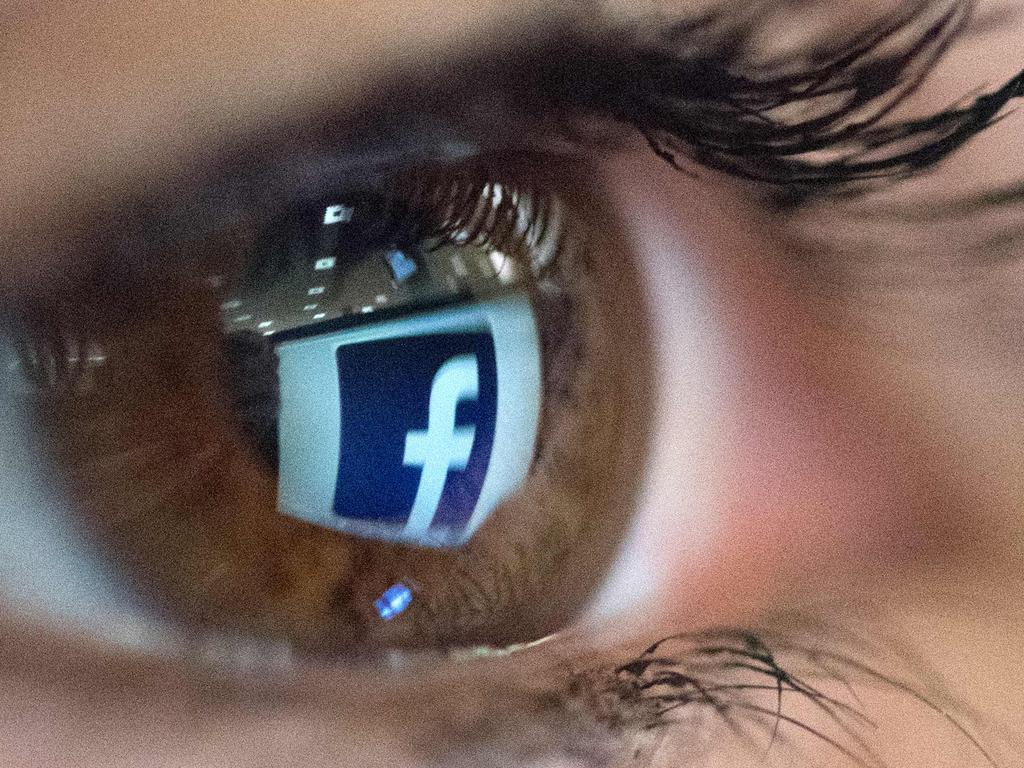Facebook fuelling avalanche of child sex abuse
Facebook was responsible for nearly two-thirds of 18m reports of child sex abuse material.

Facebook was responsible for nearly two-thirds of the 18.4 million worldwide reports of child sexual abuse material last year, as a new international threat assessment warns of a looming “tsunami” of online child abuse and exploitation in 2020.
The report found publicly accessible social media and communications platforms were the most common place for meeting and grooming children online. It warned that the nearly 12 million incidents of child sexual abuse material reported by Facebook Messenger were likely to be the tip of the iceberg.
READ MORE: UK election to fuel Australian push against Google, Facebook | Facebook ‘can’t combat child porn’ | Tech titans want to rule your world
Facebook Messenger’s optional encryption means it must make mandatory reports of exploitation and abuse to US authorities, while other messaging services, such as another Facebook service, WhatsApp, and Apple’s I-Message are fully encrypted and can’t be monitored.
The ability to track child sexual abuse material on social media would disappear if tech companies successfully push ahead with plans to implement end-to-end encryption, enabling more offenders to evade detection and anonymously share sexual abuse material, the report said.
A spokesman for Facebook said: “We have absolutely zero tolerance for any behaviour or material that exploits young people online and we develop safety programs and educational resources with more than 400 organisations around the world to help make the internet a safer place for children.
“For years we’ve been tackling this issue with the most advanced technologies, industry collaboration and partnerships with child safety experts. What separates us from every other company is that we deploy sophisticated technology across all of our platforms to proactively find and remove as much child exploitative content as we can and work with local and international law enforcement to take action on perpetrators. Our 35,000-strong safety and security team and billion-dollar investments in advanced technology now removes 99.5 per cent of content before anyone reports it, oftentimes as soon as someone tries to upload it.”
Facebook this week flagged its intention to fully encrypt all its messaging services despite objections from the US, British and Australian governments.
The 2019 Global Threat Assessment, launched in Ethiopia late on Wednesday by the WeProtect Global Alliance, predicted a global “tsunami” of online child sexual abuse and exploitation next year, with national law enforcement agencies unable to cope. “Interpol estimates that there are likely to be approximately 1.8 million more men (with a sexual interest in children) using the internet now compared with a year ago,” the report said.
“This is a conservative estimate. Other studies estimate that 2.2 to 4.4 per cent of adult men have knowingly viewed child sexual abuse material of pre-pubescent children online.
“The scale, severity and complexity of online child sexual exploitation and abuse is increasing at a faster pace than those aiming to tackle the activity can respond.”
The alliance, which includes the US Justice Department, the European Commission, Interpol and Australia’s eSafety Commissioner, made clear its frustration with service providers using end-to-end encryption that thwarts the tracking of child sexual abuse material on public platforms. Such encryption ensures only the sender and the intended recipient can see the material, and not even the service provider can access it.
“Publicly accessible social media and communications platforms remain the most common methods for meeting and grooming children online,” the report said. “In 2018, Facebook Messenger was responsible for nearly 12 million of the 18.4 million worldwide reports of child sexual abuse material.
“These reports risk disappearing if end-to-end encryption is implemented by default, since current tools used to detect (this material) do not work in end-to-end encrypted environments.
“However, many service providers appear to be accelerating their implementation of end-to-end encryption. Anonymity and secure networking continue to enable offenders to establish safe spaces online, where they can network and spread tools and techniques to facilitate exploitation.”
Australia’s eSafety Commissioner, Julie Inman Grant, criticised the large online platforms for putting commercial considerations ahead of the protection of billions of potential victims, saying “the cost is the detritus of abused children left behind”.
“Facebook will say it can’t do anything,” Ms Inman Grant said. “Technically it could scan for child sexual images before they are posted. It says it is working on it, but the technology will be another two years. That is just not good enough.
“It’s not just Facebook. All of the platforms need to do better. Microsoft, Apple, they all have culpability in this space.”
Facebook said this week it would continue with plans to enable end-to-end encryption on all its messaging services. Its senior executives told US Attorney-General William Barr that giving authorities “backdoor” access to messaging made the services vulnerable to criminals, hackers and repressive regimes.
Apple’s director of user privacy, Erik Neuenschwander, told US politicians the company did not know of a way to deploy encryption “that provides access only for the good guys without making it easier for the bad guys to break in”.
Communications Minister Paul Fletcher on Thursday announced a plan to have the online industry operating in Australia adhere to a new Online Safety Charter, and to strengthen the eSafety Commissioner’s powers to ensure tech companies reported on how they were protecting customers and the community from online dangers.
The global assessment report offered a sense of the scale of online child sexual exploitation, noting that Interpol had identified a publicly available website that received 6.5 million views in its first month of operation in November last year, stabilising at 4.67 million views per month.
Interpol’s European equivalent, Europol, now has a repository of child sexual abuse material with 45 million unique videos or images.
The dark web, though smaller and more niche, was also growing rapidly, the report said.






To join the conversation, please log in. Don't have an account? Register
Join the conversation, you are commenting as Logout